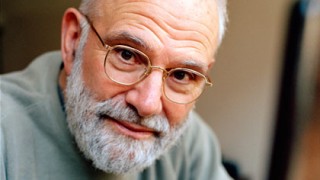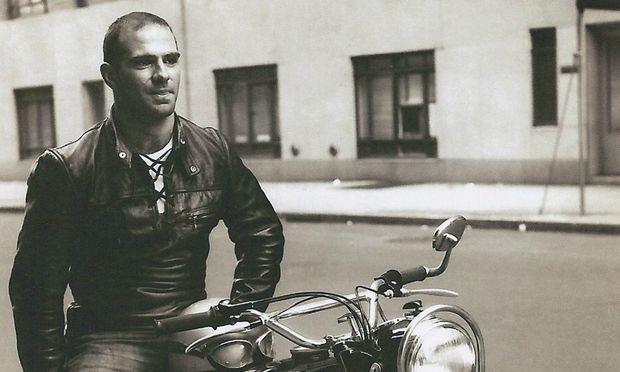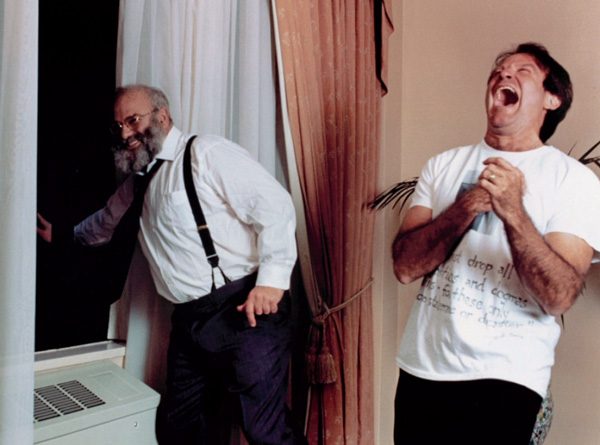
Every act of perception, is to some degree an act of creation, and every act of memory is to some degree an act of imagination. - Dr. Oliver Sacks
An adventurer, scientist, explorer, and neurologist. Dr. Oliver Sacks paved many paths in his life, and each one brought humanity closer to understanding the conscious and unconscious mind. Dr. Sacks died at the age of 82 in his home after a fierce battle with cancer. In his legacy he leaves troves of discoveries, and admiration from sea to shining sea. From the time of his birth, Dr. Sacks was intended for great things.
He was one of four children born into a family of doctors and gifted siblings. Just at 10-years-old, Dr. Sacks developed an interest in medicine and chemistry. He would seek out his parents to follow and read their research notes, falling further in love with science.
After earning his medical degree in 1958, Dr. Sacks took to the road and traveled to San Francisco. He loved immersing with poets, and reportedly took a brief fling with drugs before refocusing on his love of science. He eventually became a doctor and traveled the country working in various clinics, and accepted a professor position at the Albert Einstein College of Medicine in Bronx, New York.

As a migraine sufferer, Dr. Sacks penned a book discussing his condition, and the case studies of his patients from the hospital. The hospital threatened Dr. Sacks’ position if he proceeded to publish the book. Migraine was released in 1970, and the doctor was fired.
Dr. Sacks would eventually become a prolific writer -he embedded medical truths with a touch of empathy, a notion much often unseen in the world of medicine.
His neurological experiences unleashed vast collections of case histories which were published and became top sellers. The Man Who Mistook His Wife for a Hat, Seeing Voices, Musicophilia: Tales of Music and the Brain, Awakenings, An Anthropologist on Mars and more, spoke openly about his patients’ struggles with physical and mental ailments.
In 2002, Dr. Sacks earned the Lewis Thomas Prize by Rockefeller University for his work as both a scientist and a poet. He also acquired more than a handful of honorary degrees from top colleges like Oxford.

Dr. Sacks was a man who made it his mission to explore the human brain, and answered questions many feared asking. He pushed the envelope and watched it fall over the edge to demand more. He consistently used his own experiences of pain and medical issues to determine the next step in a medical mystery. It was not uncommon for the doctor to even use his own body to test elixirs. He dismissed the concept of separation between medicine and the patient, and instead made it a very personal experience.
In 2012, Smithsonian released an in depth interview with Dr. Sacks which relayed the story of his life in amazing detail. You can read it here.
One has had a long experience of life, not only one’s own life, but others’, too. One has seen triumphs and tragedies, booms and busts, revolutions and wars, great achievements and deep ambiguities, too. One has seen grand theories rise, only to be toppled by stubborn facts. One is more conscious of transience and, perhaps, of beauty. At 80, one can take a long view and have a vivid, lived sense of history not possible at an earlier age. - Dr. Oliver Sacks
